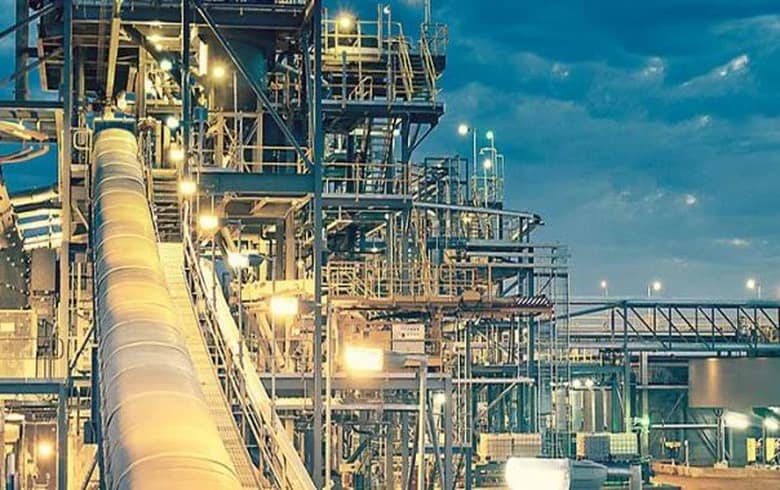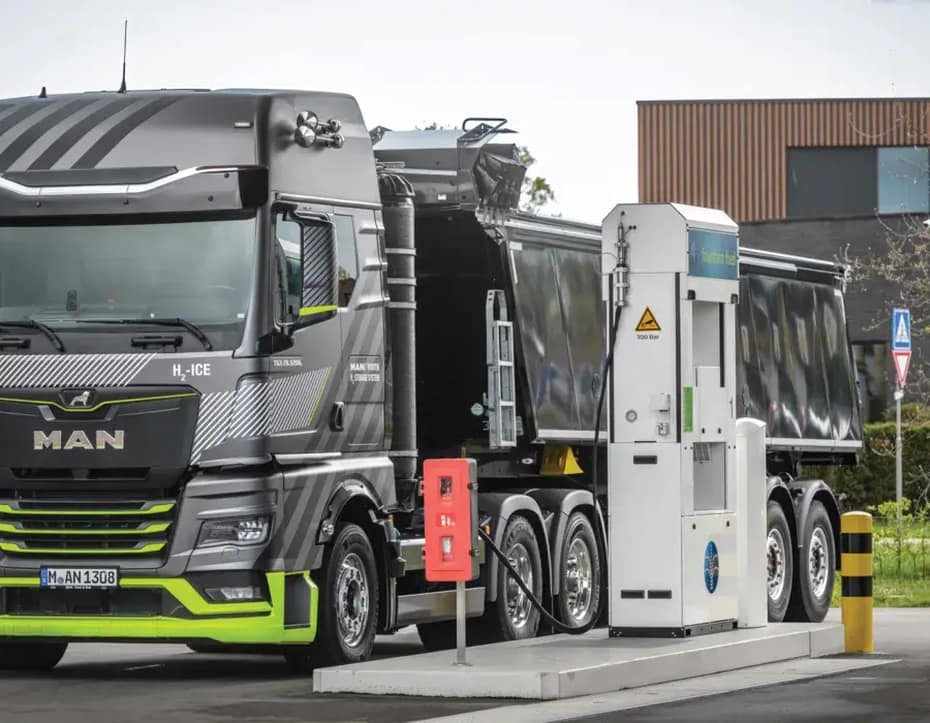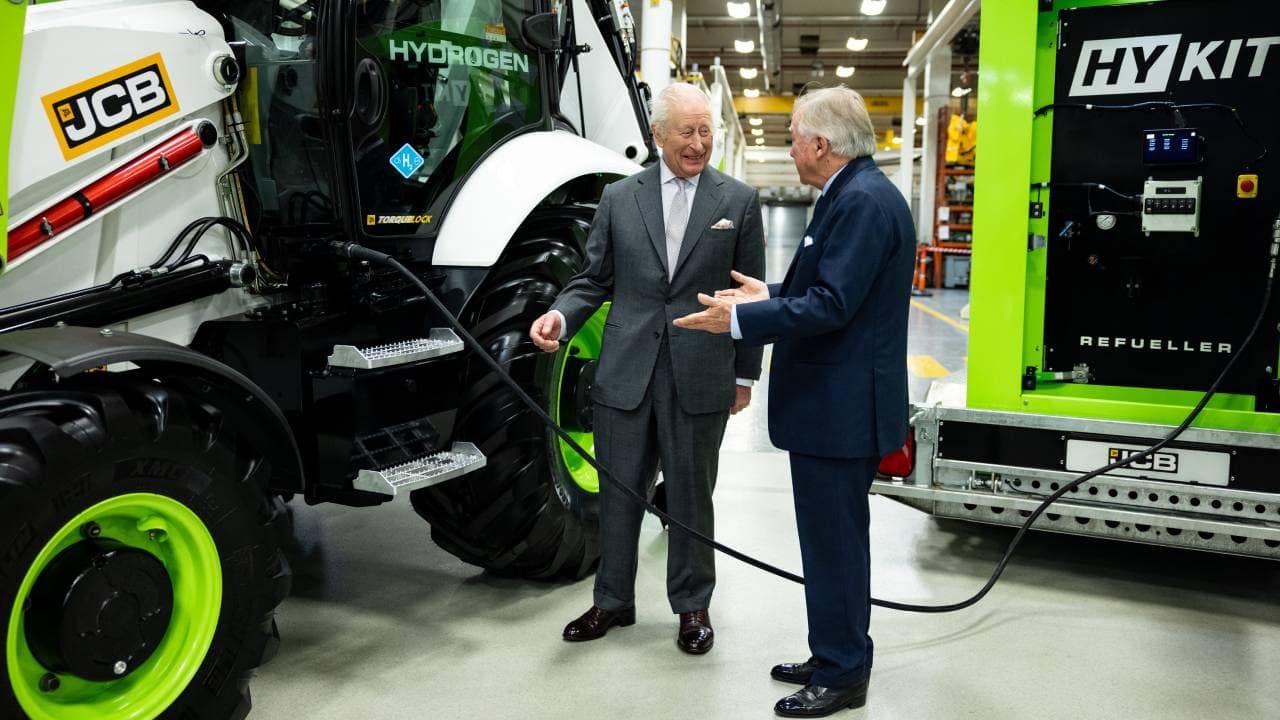Hydrogen Industry 2025: Reshaping Hype into a Hard Reality Check
Updated 12 Oct 2025

Hydrogen industry 2025 headlines turned gloomy when
Fortescue scrapped two projects and
BP stepped away from AREH in Australia.
Cue the funeral march: another “hydrogen bubble” burst, they said—too costly, too hard, too late.
They’re missing the point. This isn’t a failure of hydrogen; it’s a correction of the business models built around it.
Frothy assumptions are evaporating, leaving a leaner, more disciplined clean-energy sector that finally knows what works—and what doesn’t.
Many early hydrogen ventures chased press releases and subsidies rather than customers or cashflow.
Projects were designed to ride political momentum, not to supply paying industrial users.
Like nanotechnology two decades ago, the hype was destined to burn off. Nanotech matured into coatings, catalysts and sensors that quietly reshaped supply chains.
Hydrogen is following the same trajectory—from promise to practicality.
Fortescue is now focused on decarbonising its own operations, where hydrogen already makes commercial sense.
BP’s retreat reflects short-term capital discipline, not lost faith. When markets tighten, even good ideas pause if returns lag.
From hype to paying customers
The industry’s growing up. A sustainable hydrogen business isn’t about producing hydrogen for its own sake—it’s about solving problems electrons can’t.
- Zero-carbon steelmaking
- Seasonal renewable-energy storage
- Long-haul and heavy transport
These use-cases justify the infrastructure, investment and risk.
Every new technology reaches this inflection: the smart money stops betting on the tech and starts backing the applications.
Hydrogen isn’t dying—it’s shedding its costumes and learning to work for a living.
So don’t toast the death of hydrogen; toast its adolescence.
The froth’s gone. The beer’s good. And it’s finally ready to be served.
Related Field Notes:
Green Hydrogen Projects 2025 – The Costly Leap That Might Just Work ·
Green Steel 2025 – 5 Challenges and the Bold Roadmap
Outlook for Hydrogen Industry 2025–2030
Over the next five years, the hydrogen industry will keep maturing as costs fall and new use-cases prove themselves in heavy transport, ammonia, and industrial heat.
Governments are expected to redirect subsidies toward proven infrastructure—electrolysers, hydrogen storage, and transmission—while tightening funding for speculative megaprojects.
This “industrial adolescence” mirrors how the solar sector evolved after its early bubble: smaller, faster, more bankable units that together built a durable supply chain.
By 2030, analysts expect the global hydrogen economy to exceed $400 billion in direct investment, anchored by Asia, the Gulf, and Northern Europe.
That scale will finally make the technology routine—less headline drama, more execution.


